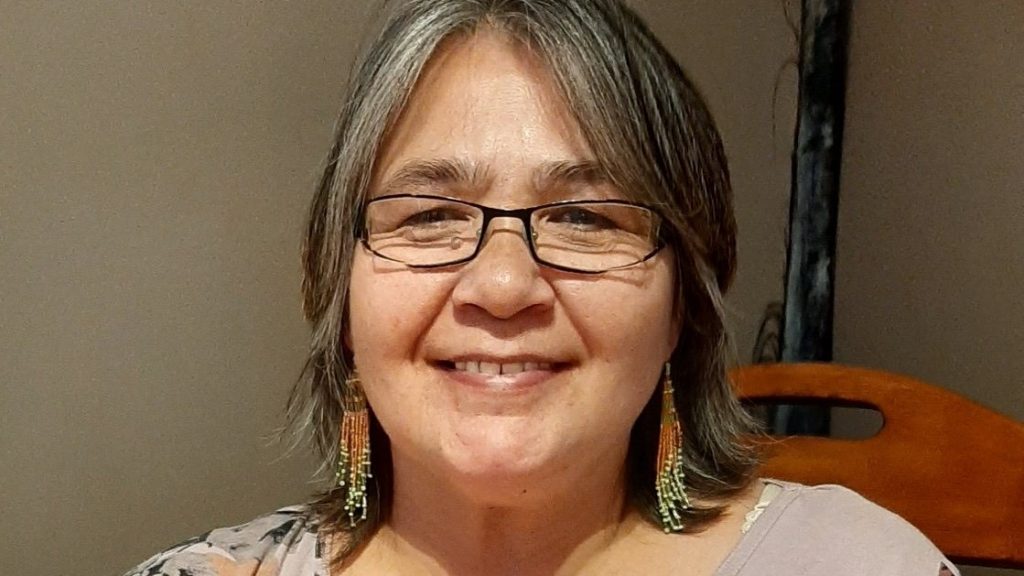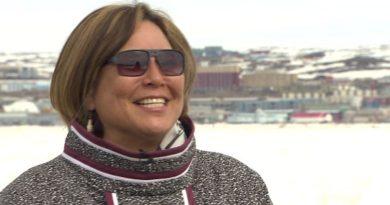International Women’s Day time to recognize contributions at the community level, says Pauktuutit

“When you think about Inuit women, they’re mental health workers, they’re social workers, they’re counsellors even if they don’t have the certification that says as much,” Pauktuutit’s Executive Director Rosemary Cooper said in a phone interview.
“Their volunteerism needs to be recognized because they’re the glue holding their communities together, being there for someone in need, or even just being a sounding board.”
International Women’s Day has been observed on March 8 since 1914.
Its goal is to promote gender parity, women’s equality, drive giving to women’s charities and celebrate women’s achievements.
‘They were trailblazers’
Cooper says as Pauktuutit reflects on March 8, getting the federal government to commit to funding shelters across the four Inuit regions of Canada (Nunavik, Nunavut, Nunatsiavut and the Inuvialuit Settlement Region), as well as Ottawa, is a major achievement.
“That’s a pretty significant milestone for Pauktuutit,” Cooper said. “But it’s only the beginning to ensuring safe spaces for Inuit women no matter where they live.
“With time in shelters limited, we’re also now advocating for establishing transitional housing that could offer training in things like cooking and budgeting and other skills supporting parenting to ensure independence is fostered for women and their children.”
Cooper said the accomplishments of today are thanks to the first generation of Pauktuutit board members who pushed to get shelters on the agenda and Inuit women’s concerns and needs to the forefront at a time when it wasn’t necessarily popular.
“They were really trailblazers,” Cooper said. “Inuit women at the time were expected to just play their mother role. In establishing Pauktuutit, they dared to go where they weren’t permitted.”
#breakthebias
The theme of this year’s International Women’s Day is “Break the Bias”, and Cooper says when it comes to Inuit women, ensuring they’re aware of, and stand up for their rights, is key.
The 2021 agreement signed between Pauktuutit Inuit Women of Canada and RCMP Commissioner Brenda Lucki to reduce negative interactions between Inuit women and police and the justice system is just one example, Cooper said.
“We want to ensure there’s education about their rights,” she said. “‘Do you know your rights when you go to court? When you’re dealing with the police?’ And make sure that police are provided proper cultural orientation when dealing with Inuit woman.”
“When it comes to breaking bias, making sure women know their rights remains one of the most important tools.”
Write to Eilís at eilis.quinn@cbc.ca
Related stories from around the North:
Canada: Inuit women’s org wants federal party leaders to commit to having Inuit women at decision table, Eye on the Arctic
Finland: Swedish-speaking Finnish women launch their own #metoo campaign, Yle News
United States: Violence Against Women bill would expand power of up to 30 Alaska tribal courts, Alaska Public Media



